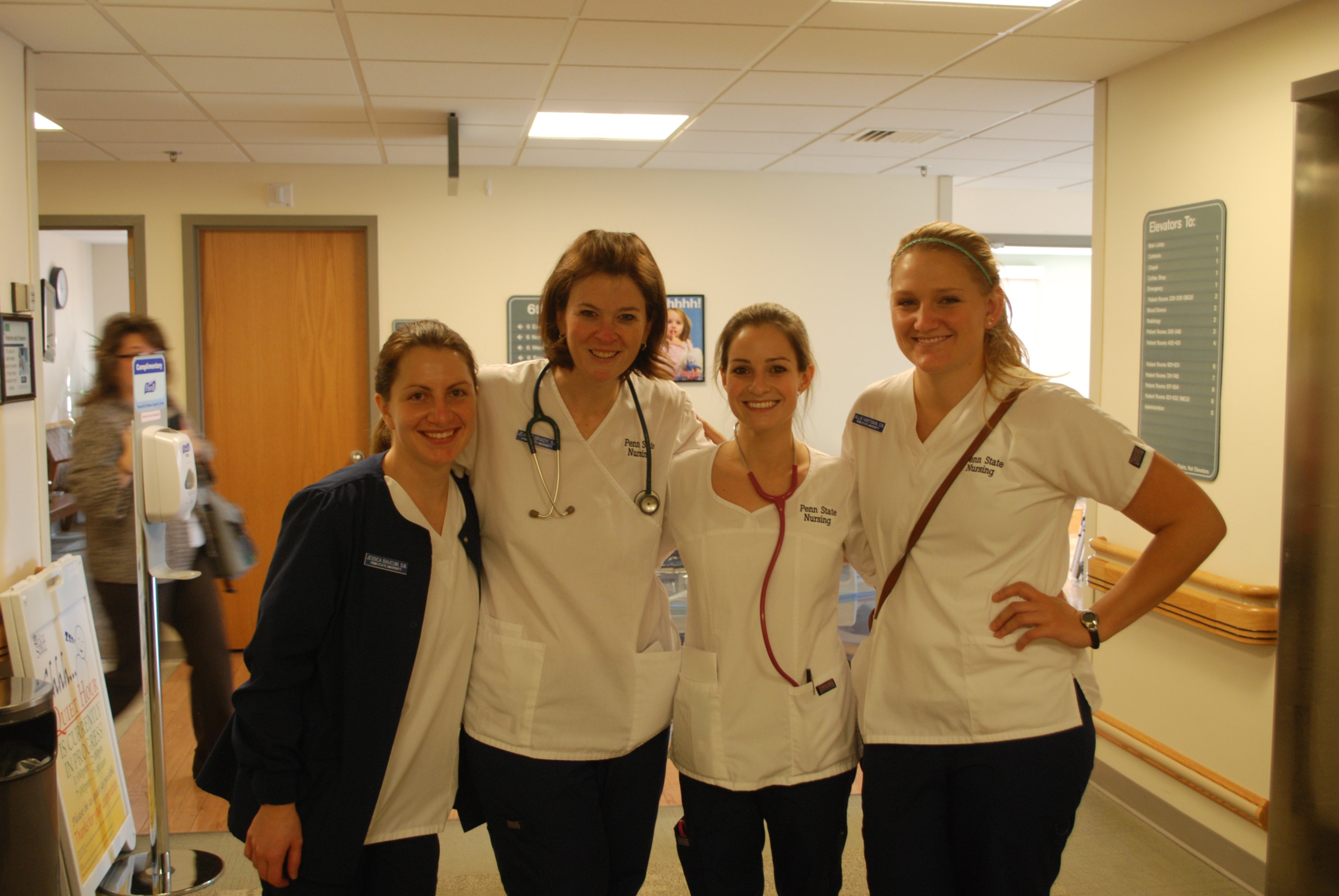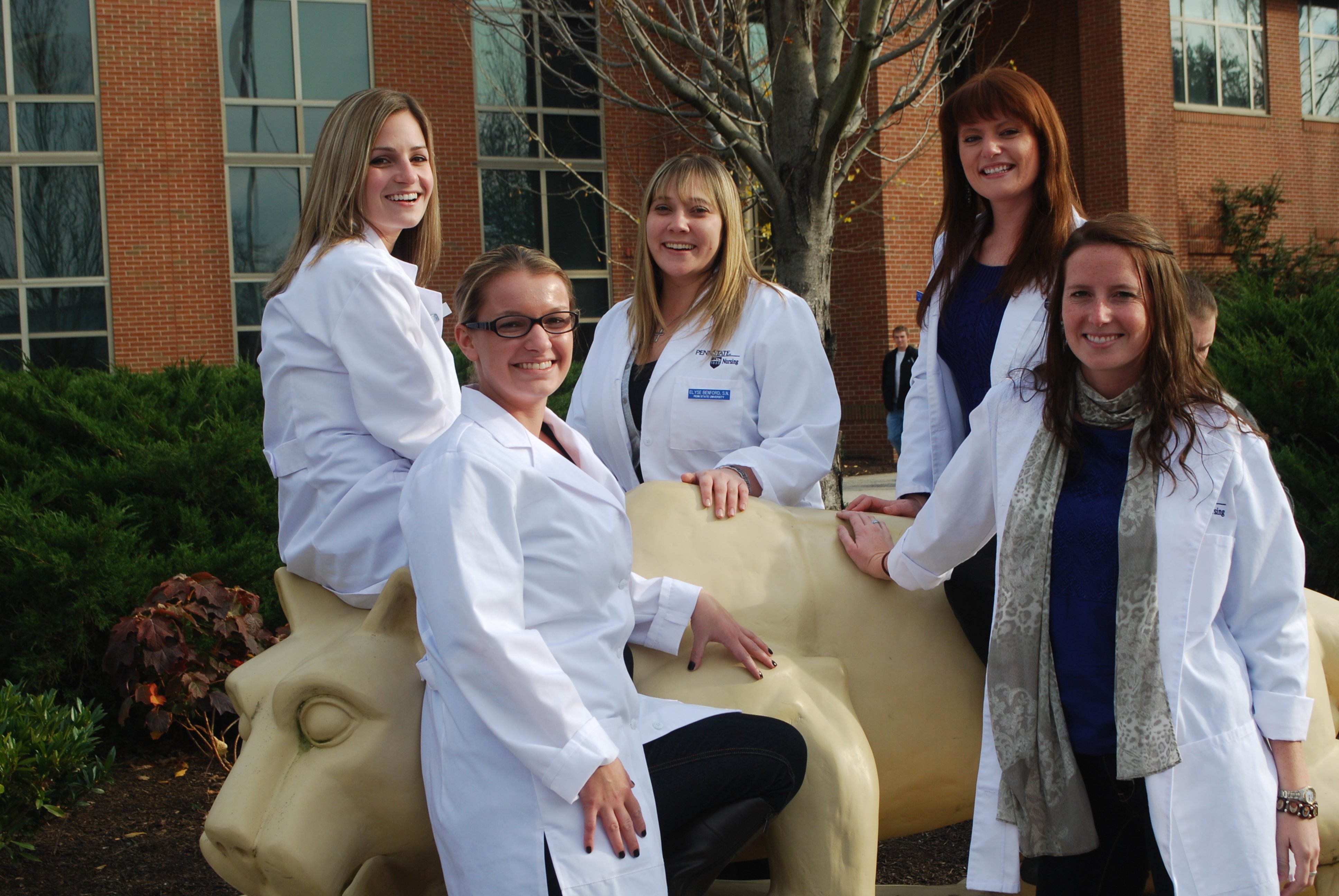Job Outlook
 Nursing comprises the largest segment of the healthcare work force and is projected to be one of the fastest growing professions in the economy. A critical nursing shortage exists in the United States and around the world. With mandated healthcare legislation, the demand for high-quality nurses is expected to continue to grow over the next decade.
Nursing comprises the largest segment of the healthcare work force and is projected to be one of the fastest growing professions in the economy. A critical nursing shortage exists in the United States and around the world. With mandated healthcare legislation, the demand for high-quality nurses is expected to continue to grow over the next decade.
A nursing career offers geographical mobility, financial security, schedule flexibility, and personal satisfaction. Nurses say one of the profession’s greatest joys is the personal satisfaction of helping others. Patient surveys show that nurses are often identified as the most memorable part of a patient’s health care experience.
According to the Bureau of Labor Statistics, employment of registered nurses is projected to grow 6 percent from 2021 to 2031; about 203,200 openings for registered nurses are projected each year, on average, over the decade. Employers are looking for experienced nurses or those coming from nursing programs that include extensive clinical experience, such as Penn State’s. Acquiring extensive clinical experience through nursing school is often considered one of the most valuable assets to prospective employers. At Penn State Harrisburg, you will receive extensive, hands-on clinical experience as you progress through the program.
Salary Forecast
 Salaries for baccalaureate-prepared nurses have increased due to the complexity of health care problems, new technologies, and the overall shortage. Advance practice nurses with graduate degrees earn even higher salaries and have more opportunities for innovative experiences and higher-level responsibilities.
Salaries for baccalaureate-prepared nurses have increased due to the complexity of health care problems, new technologies, and the overall shortage. Advance practice nurses with graduate degrees earn even higher salaries and have more opportunities for innovative experiences and higher-level responsibilities.
Nursing is among the higher paid professions, with an average median salary of $77,600 (Bureau of Labor and Statistics) with some earning over $120,000. The average hourly wage of a registered nurse is $37.31.
Work Environments
A nursing career gives you the opportunity to select from many types of work environments in most geographic regions — in hospitals, physician offices, home health agencies, government agencies, insurance companies, and many other settings. Nursing schools also need qualified faculty. Individuals with previous degrees in teaching may consider nursing education as a great opportunity to blend the two.
Nursing Practice Levels
Registered Nurses (RN) often take one of three educational paths: a bachelor’s degree in nursing, an associate degree in nursing, or a diploma from an approved nursing program. The baccalaureate degree is becoming the standard in many health care settings.


